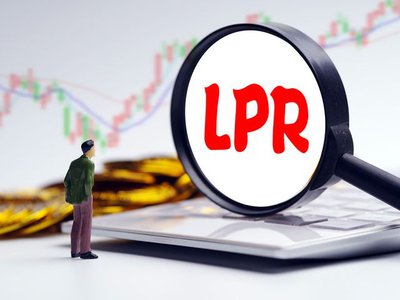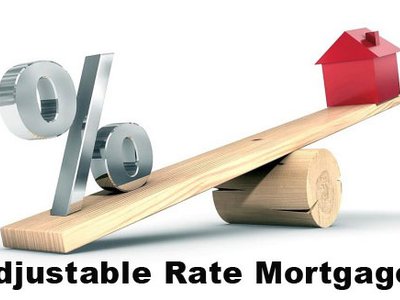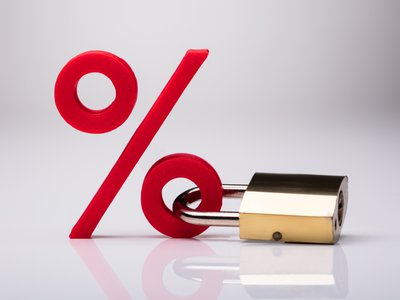Payday loan lenders tend to target individuals with bad or no credit score. They promise of fast cash to tide a person over until payday but often come with high interest rates that can leave a person in a never-ending cycle of debt.
Payday loan lender AMG Services was recently sued by the Federal Trade Commission for its deceptive lending practices that included hidden fees and illegal withdrawals. AMG agreed to pay $505 million in restitution, which is the largest FTC refund so far.
The Consumer Financial Protection Bureau offers consumers some protect via its Payday, Vehicle Title and Certain High-Cost installment Loans rule. Installment loans are slowly taking over the payday loan industry but are they any better than payday loans themselves?
Installment loans: What Are They?
These do not come from a bank but a consumer finance company, usually given to people who have low credit scores or incomes and cannot get credit through traditional finance outlets. Loans as low as $100 to up to $10,000 are common and must be repaid within four to 60 months. Installment loans can be secured or unsecured – secured means the borrower puts up some type of collateral.
How are installment loans similar to payday loans? They’re designed for a short-term situation and usually geared toward people who can’t get credit elsewhere.
The Issue Behind Short-Term Loans
Payday loan lenders may not seem like a bad idea, but since they have direct access to consumer checking accounts, the payments are taken right from the person’s checking account. If money has not hit the checking account before the withdrawal has been made, this can lead to fees from both the bank and the payday loan lender.
Getting a payday loan is extremely easy, which is why they are considered predatory. A person just needs a valid ID, checking account and employment verification to get the loan. No credit scores are reviews, which means loans are generally given to people who have no way to repay the loan.
It’s not uncommon for a person to borrow a minute amount of money only to pay three to four times that amount. The constant rollover of loans, combined with high interest and fees, is where individuals get into trouble.
Many payday loans come with interest rates that are in the hundreds, and 76 percent of new payday loans are to pay off the old debt.
If you have bad or no credit, you may be wondering where you can go to get quick cash when you’re financially strapped. If you decide to go to a payday loan lender, make sure to consider the following to avoid being trapped in the never-ending cycle of debt.
- Customer Service – Do the representatives assist you during the pre-approval process?
- Service Reach – Is the lender licensed in all states? Do they check your credit score?
- Upfront Fees – Do not get a loan from a company that wants an upfront fee from you.
- Flexibility – What kind of down payment options are you given? Will they waive the lender’s fees or negotiate with you to lower it down?
- Credentials – What kind of credentials do they have? This is when you’ll need to do some research and find out what kind of reputation they have. Use the Consumer Financial Protection Bureau agency to help you learn what you can about a company and conduct your own Internet search to see what individuals have to say about the company.






